Sleeping With The Past, part 2: Half-Life
And The Problems With Playing Chess Against The World
Content warning: Talk of transition, dysphoria, trans suicide.
“It’s too late for me to transition!”
It’s a familiar refrain on any trans forum. These words, with a bit of variation, have been said by trans people in their late teens, in their 20s, in their 30s, in their 40s… basically, anyone who had to go through The Puberty They Didn’t Want.
Those of us who have transitioned “later” want to scream to these people: It becomes too late when you die - and not a moment before. Enjoy your life, seize your life; make the most of the time you have left. Don’t let the regrets of the past destroy the future.
All of that said… it’s those regrets of the past I want to talk about now. So… you transition as an adult. You could be 20; you could be 80. But you’re finally living the life you were meant to live.
But what about all of those wasted years? It’s a complicated subject, one with multiple layers.
For a long time, I had thought I was at peace with my past. I had looked at my transition, my being trans, as playing chess against the world. It was a difficult challenge, being trans in my generation. From the moment my egg cracked in 1997 to publicly transitioning in 2022 - over a quarter-century - it was a delicate balance. I was trying to survive, one way or another.
There were times when I nearly had the world beat. Suppose I had managed to get that job in California around 2001 or so, or managed to get into Berkeley a year later? Suppose I had decided to go for my doc in Washington in 2005, rather than Iowa? In other words, what if I had found myself in a situation safe enough to transition in my late 20s or 30s, rather than in my 40s? All of these could have had a significant impact on me transitioning.
There were also times when the world nearly had me ended. In September 2000, dysphoria was so intense and so painful that I worried I wouldn’t survive, because I did not feel safe to transition, but my body and soul was screaming to. From this time, I kept an internal “dysphoriometer” in my head, a scale for how bad my dysphoria was at any given time. (I rated September 2000 as a 9 on that scale; when it was 9, it tended to stay there for awhile. A 10 would have meant transitioning.) The next time it reached 9 was the summer of 2014; the dysphoria was so bad that I began preparing for transition “just in case”. It was at this time I started facial electrolysis, as a precaution. Even “officially” starting transition in 2019 was no guarantee; as late as January 2022, when it felt like everything was falling apart, I was dangerously close to ending it.
But I made it. I won. I publicly transitioned in April 2022, went full-time a couple of months later, and it was amazing just how much that helped. I made it through. I was grateful for my life, grateful to see my old life in the rear-view mirror, and pushed on to seeing my transition to apotheosis.
For a long time, I didn’t think I had any trauma from time - at least, not in that way. It had taken me a couple of decades to win that game; maybe a couple of moves could have sped that up, but I played as best I could. And then… I came to an unpleasant realization. It’s one that I think most of my generation that transitioned as an adult have had to address at some point.
I won my chess match against the world. Not everyone was as lucky.
But why in the world did I have to play that murderous game in the first place?
This game has casualties; some people don’t want to see the blood, but it is there. Everything could so easily have gone the wrong way - and for so many of us, it did.
This is one of the realizations that has come from my transition. So much of society is designed to crush people within it who don’t fit a certain mold. As Wilhoit’s Law puts it, “Conservatism consists of exactly one proposition: There must be in-groups whom the law protects but does not bind, alongside out-groups whom the law binds but does not protect.” For those in an out-group - such as trans people - society denies or gatekeeps basic rights that are a given for those in an in-group.
Basic rights like healthcare.
Like not being discriminated against.
Like not being killed for existing.
These policies to deny basic rights - this systemic bigotry - has a body count.
And I came very close to becoming one of those bodies.
There is something horrifying about all of this. I had to play a game that was literally win or die. Millions of us were forced to play, and who knows how many thousands didn’t make it.
Remember the dead; fight like hell for the living.
That said, I kind of skipped over something there - something else to regret. I mentioned the anger at having to fight with the world to be myself. But there’s a flip side as well - the other regret of time I realized I needed to explore, which meant a little bit of work. It is the years I didn’t get to live. What if some 10-year-old me, sunk in depression, had found the right therapist at the right place and time? What if the 21-year-old me had realized that transition had to Happen Right Now - or the 25-year-old me, deep in dysphoria, had come to that conclusion? What if I’d found myself in a trans-friendly environment in my 20s or 30s - if I’d gotten that Santa Rosa job, for instance, or chosen the risk of Seattle for my doctorate rather than the safety of being near family in Iowa? What if I’d just been able to transition?
We could potentially take this to the extreme. We’ve talked about the worst-case scenario. But what’s the best-case scenario?
Fortunately, as Tilly Bridges demonstrated in two posts, this can be visualized far more easily than we think. In the last couple of years, with the rise of AI, one of the things that has resulted is the possibility of generating AI yearbook photos. We get a glimpse into what might have been, what might have happened if I’d had a childhood and adolescence that matched my gender.
The Best-Case Scenario would have started with a crisis. A 10-year-old me, stuck in depression and near suicide, goes to a counselor - and I hit the lottery, and get a counselor who diagnoses me, and I transition pre-puberty, and get puberty blockers.
So… I get the childhood I needed. I don’t go through boy puberty, I wait a few years to go through girl puberty, and take estrogen once I’m able.
What would it have been like to grow up as a girl?
The results were eye-opening.
I can’t help but wonder what her life would have been like. Would my interests had been similar if I’d spent most of those years living as a girl? I suspect some of the interests would have still been explored - I would have loved to be able to sing with a soprano voice! - but I likely would have tried to explore some other interests. Like, say, soccer:
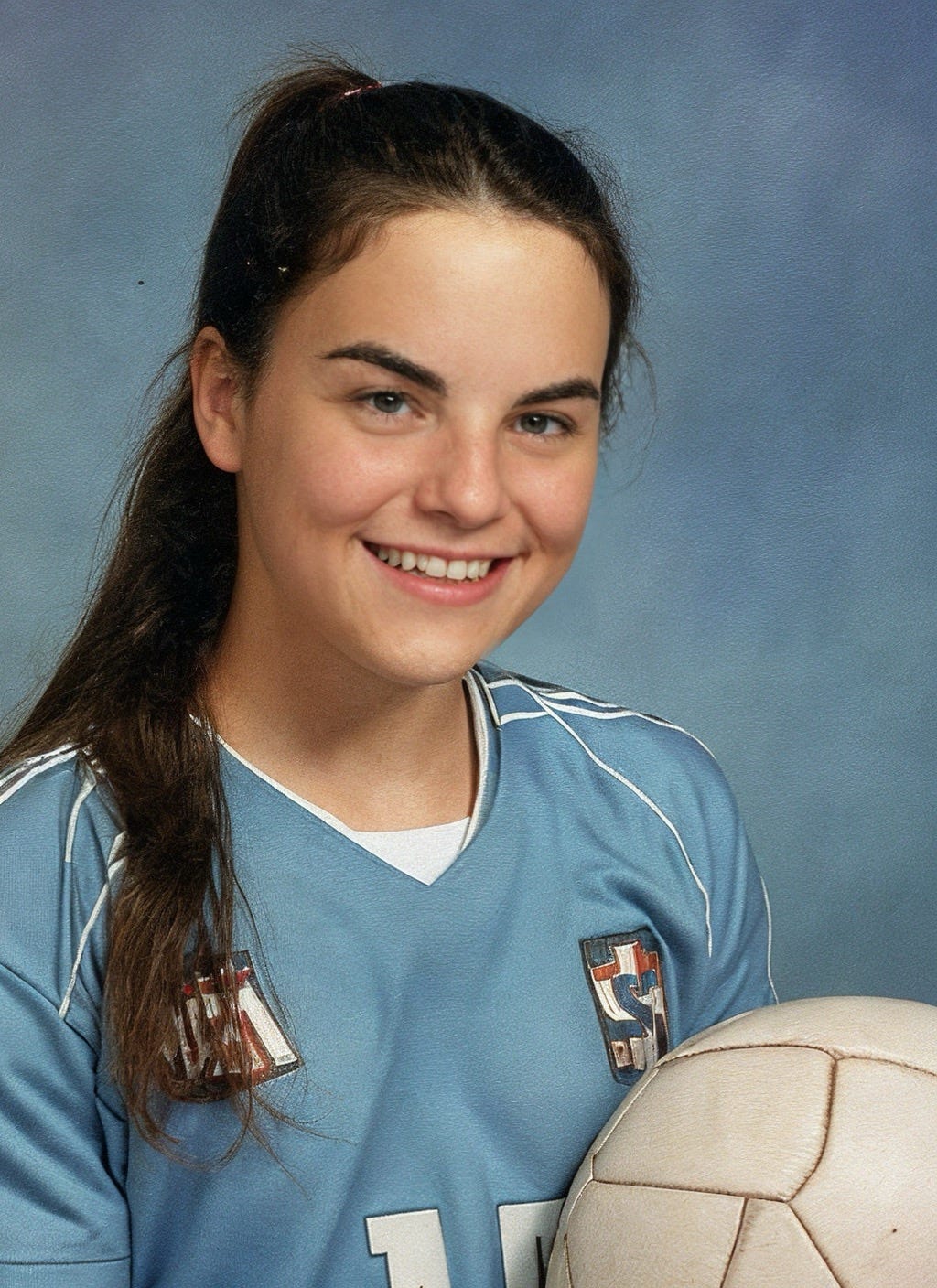
I do have a pretty good idea what kind of friends I would have. I wasn’t one of the popular kids; that wouldn’t have changed. There was some serious bullying in middle school. But I had my friends by high school. We were the ones watching Doctor Who on Saturday nights; we were the ones reading J.R.R. Tolkien and Peter Beagle and Isaac Asimov and anything else, fiction or non, that interested us. It would have been amazing being friends with them, just living as a girl among girls.
Beyond that, it would have been nice to grow up and blossom as a young woman, to develop when I should have.
This is the life I could have had.
This is the life I should have had.
I am an old woman.
The autumn of my life is approaching. I’ve already seen the leaves change, already seen the strands of gray in my hair, felt the aching in my bones. It’s a role I’m comfortable with, strangely. Perhaps it is the teacher in me, but there’s just something gratifying about being the “elder trans” woman at a meetup. That said, don’t expect me to go gentle into any goodnights anytime soon; I’ve still got a lot to do.
Maybe in some parallel universe there is another me, one who figured it out early and who transitioned early, found herself in a supportive environment, and got the help she needed. She grew up in the gender she should have been. She didn’t have boy puberty; her body didn't become hairy and bulky like mine, and she would have rejoiced once she was approved for estrogen and could go through the puberty she wanted. She wouldn’t have dated much, but she would have had her circle of friends, and that would have been critical to her. Chances are, she would have married a guy, maybe adopted a child, raised a family, had a career. Picket-fence life, basically, just done in her own style. She’s one of many, one of so many of us who found her best life, and I rejoice for the life she and my other time-sisters enjoy.
At the same time, there’s an infinity of graveyards. Cold stone with a dead name chiseled, carving the lie in granite. The child who didn’t understand why she hurt, just needed to end it. The young adult who knew, who couldn’t fit into the shell she found herself in, and didn’t know how to punch her way out. The older adult, trying so desperately to transition, but who couldn’t find a way forward, and couldn’t go on. I mourn for these sisters, cry for them, rage at a world too stupid and cruel to see their beauty, their light.
I’m still here, somehow. Somewhere in between. A half-life gone, but a half-life in front of me, a half-life yet to live. I mourn that life I didn’t have. But I rejoice at the life I have here, what I have left.
I made it. Things aren’t perfect - they never are - but sometimes it is pretty good. Not many people can say they won at life… but I did. I honestly did.
As Jimmy Buffett once sang, “Some of it’s magic, some of it’s tragic, but I had a good life all the way.”


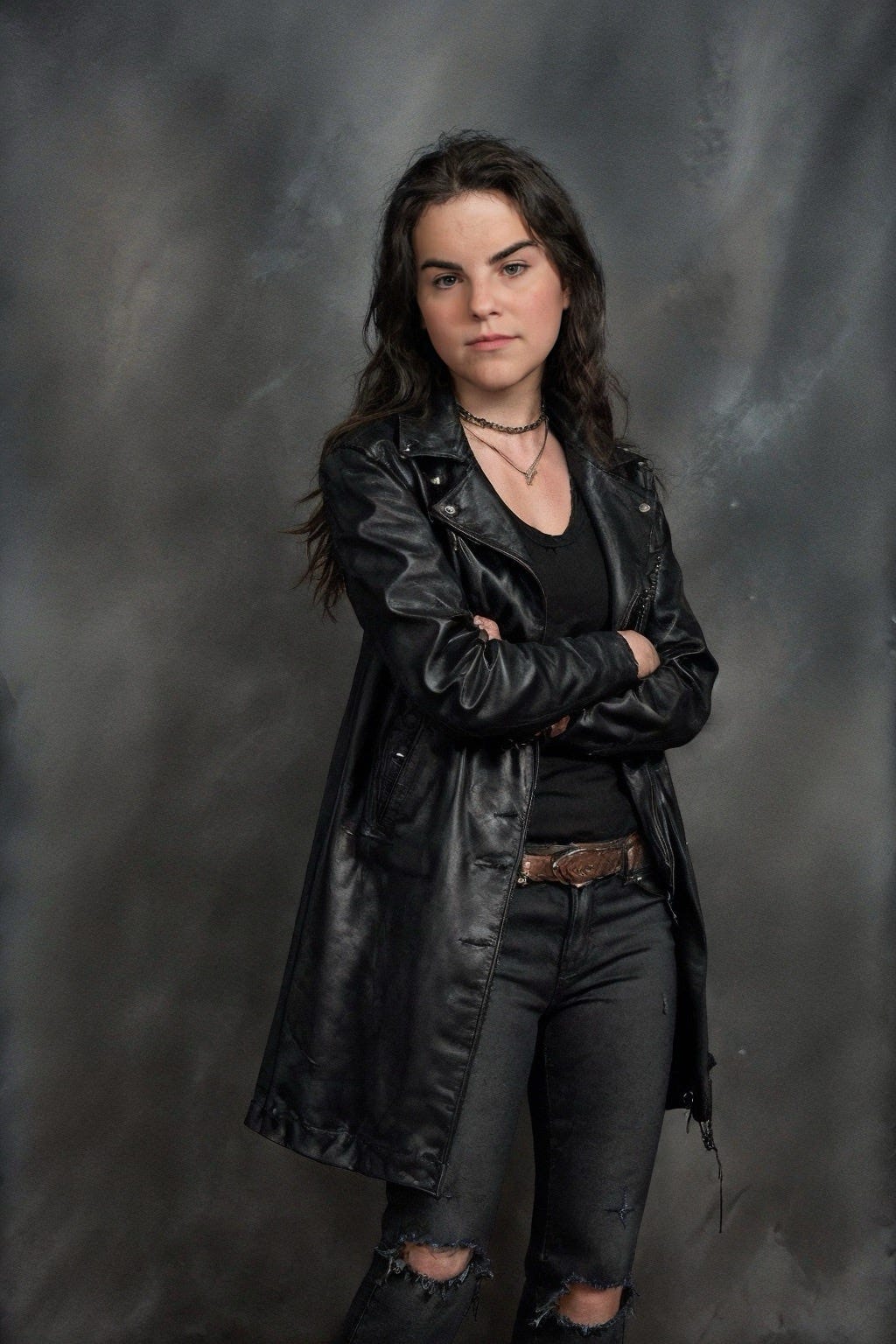
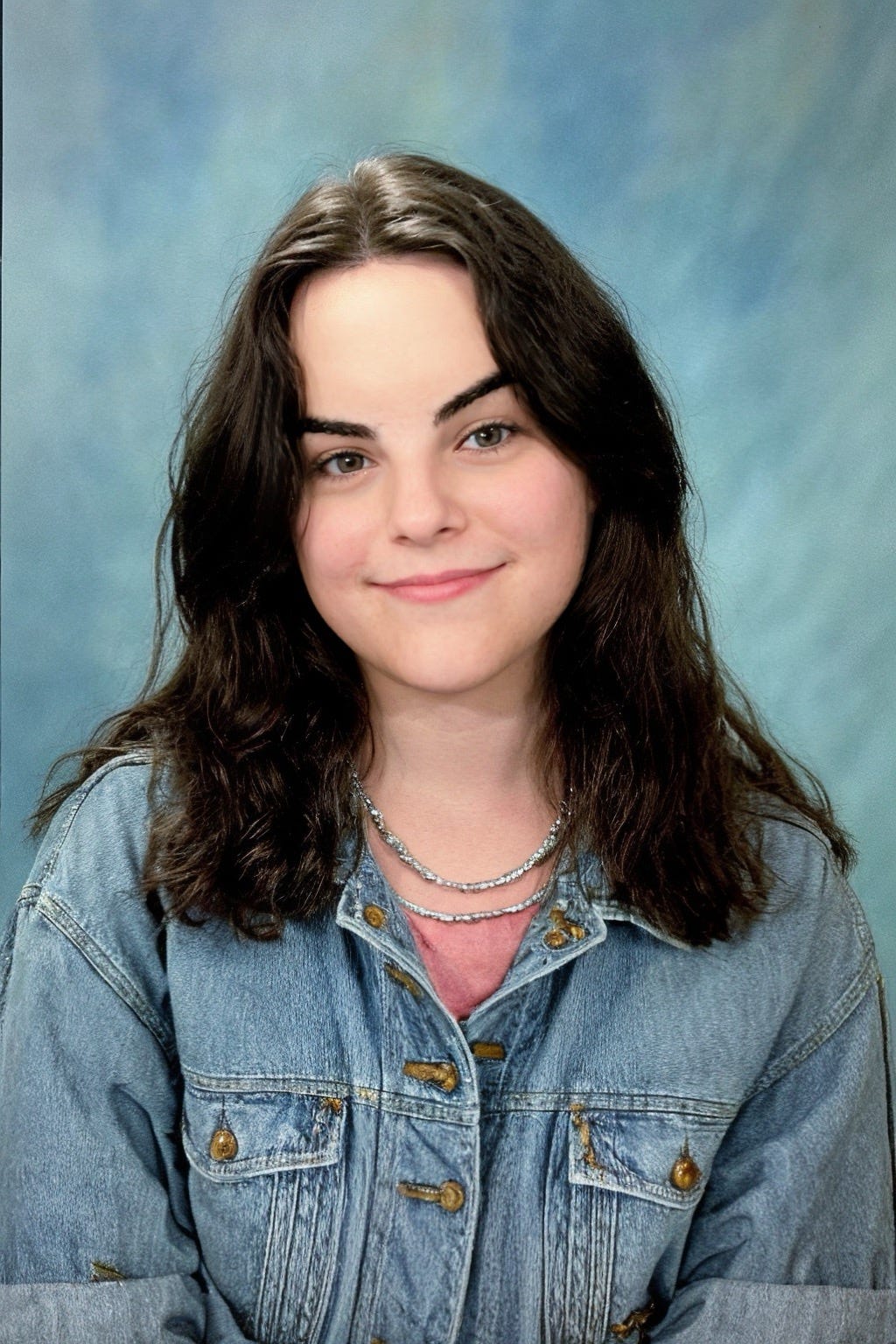
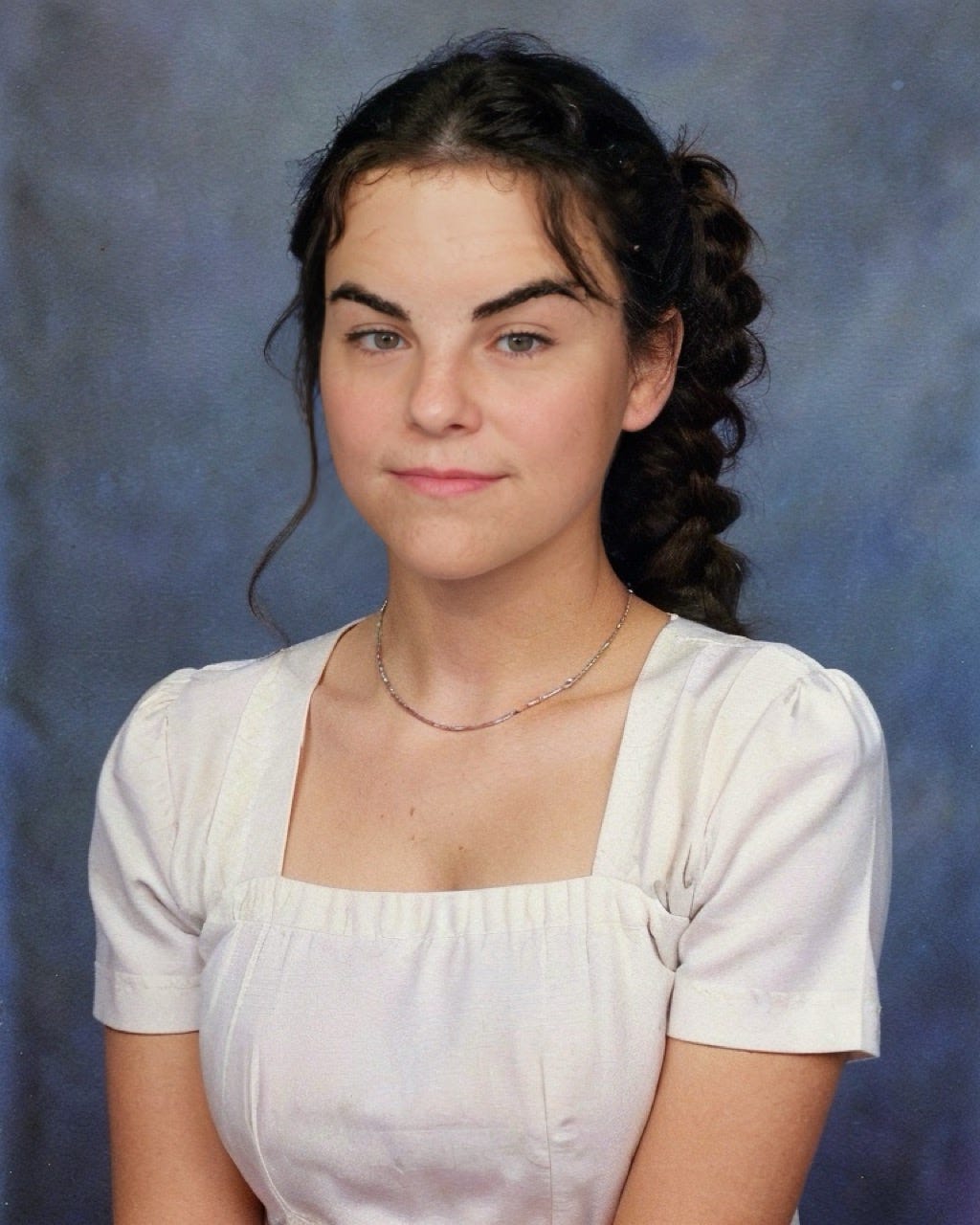

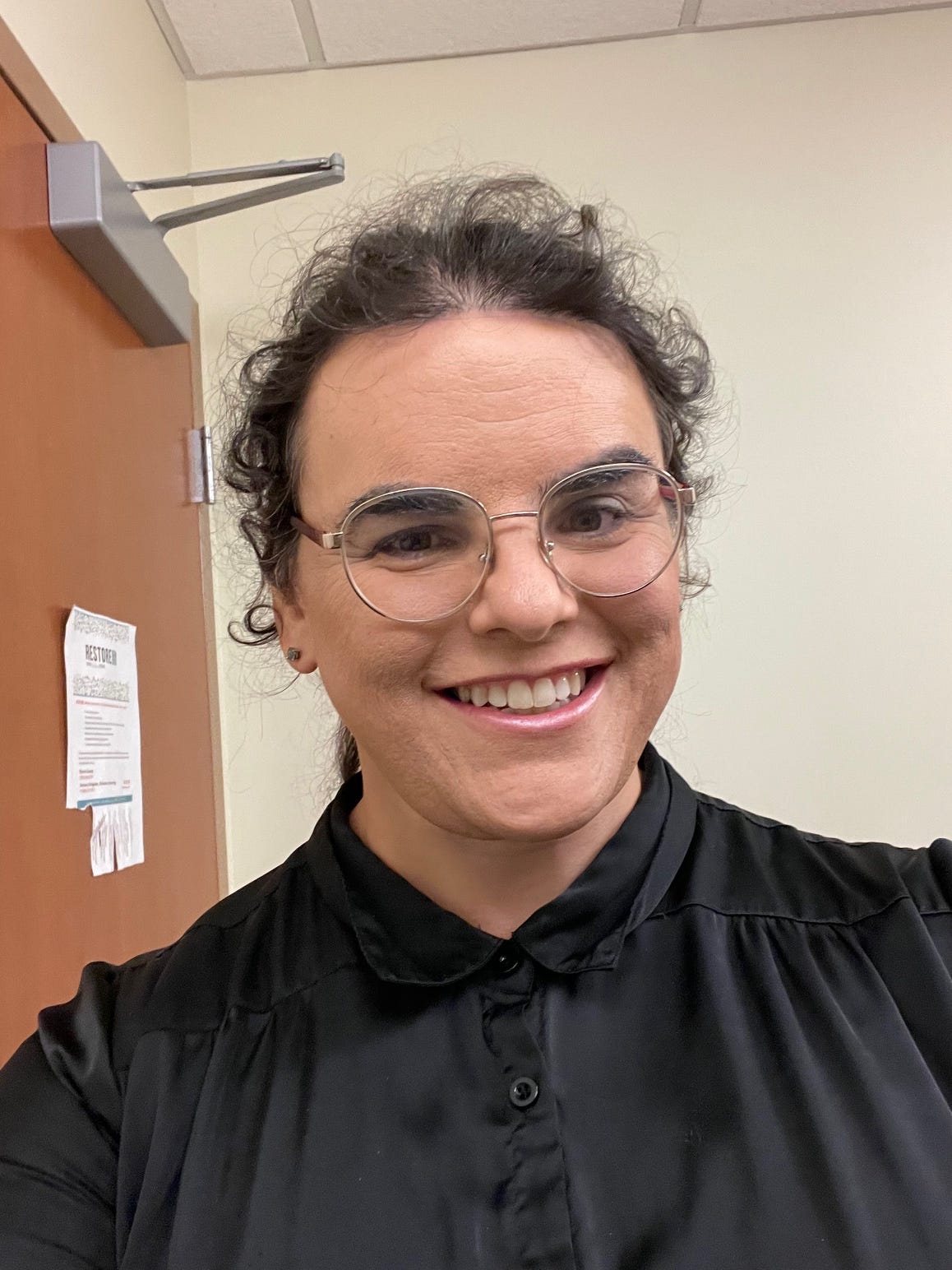
My egg cracked in November of last year, at age 53. I started HRT on January 31st. I have been happier since than I ever was, before I started living.
But when I think about what was lost... It's rough. I feel like I have woken up to discover that I was murdered in reverse. I'm alive now and it's wonderful; the grief for my lost past is real.